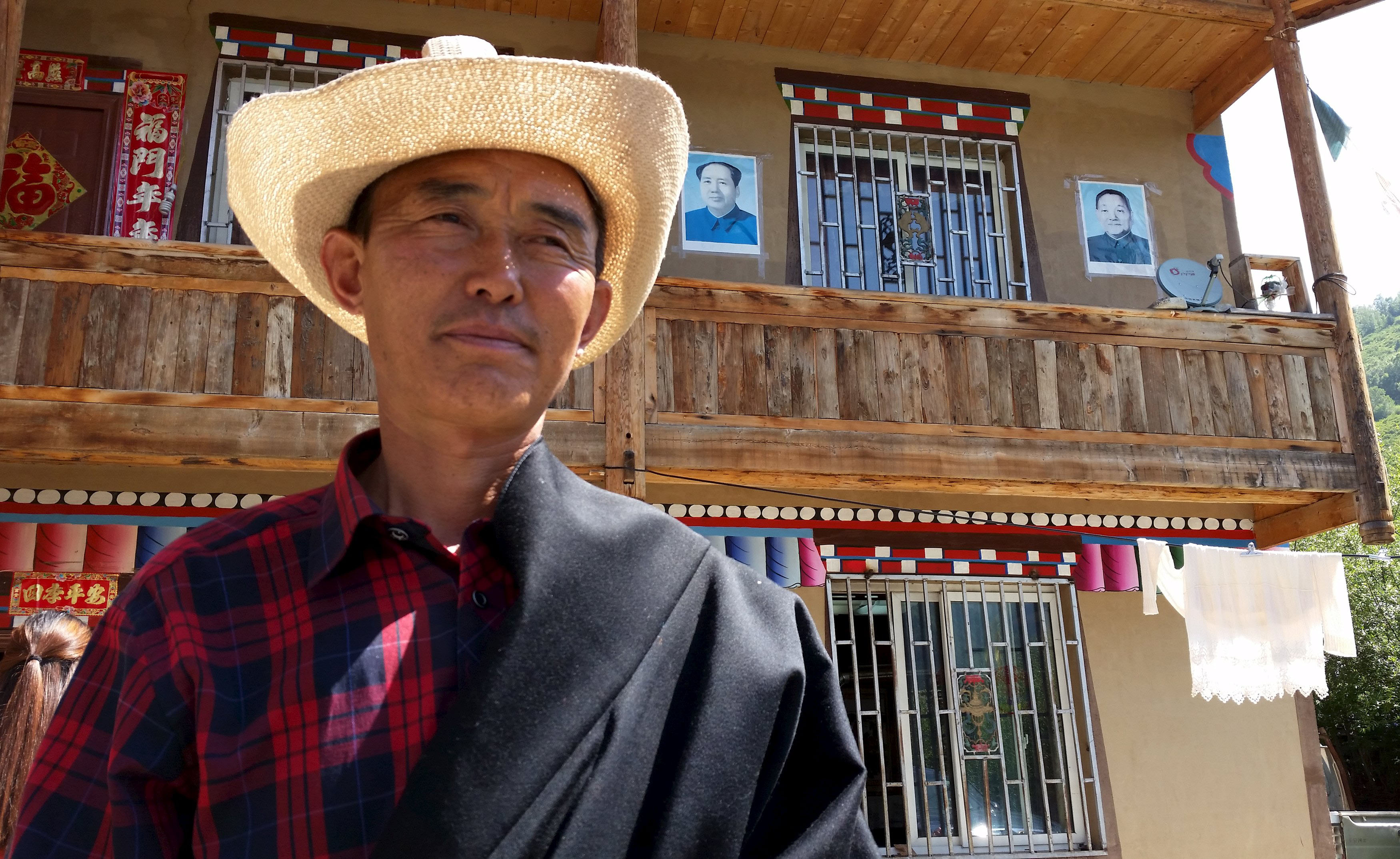Nineteen-year-old Longsel Tsondre sees nothing romantic about the itinerant life his Tibetan herder family left behind when the government in his remote corner of southwestern China offered to resettle them a few years ago.
"It was pretty tough out there. There was no development and we were quite poor," he told reporters on a rare government-organized trip to Ngaba, a heavily Tibetan part of Sichuan province traditionally strongly defiant of Chinese rule.
"Now it's better. We don't go to the mountains to herd the yaks and horses. Now we dance every day," he said after performing a Tibetan dance for a busload of Chinese tourists.



